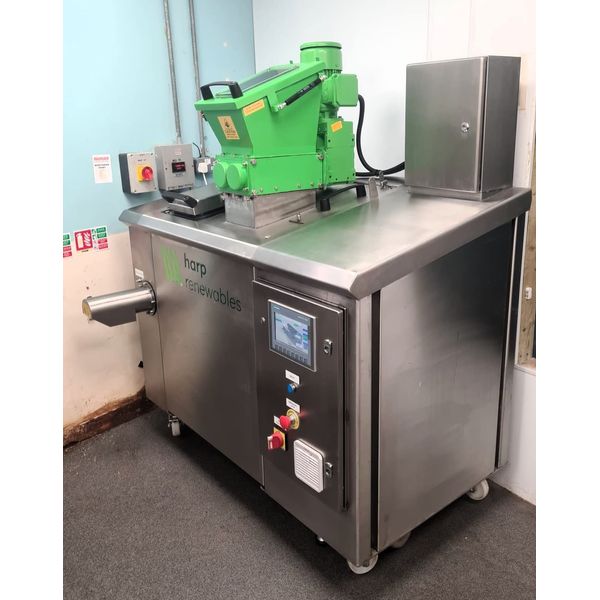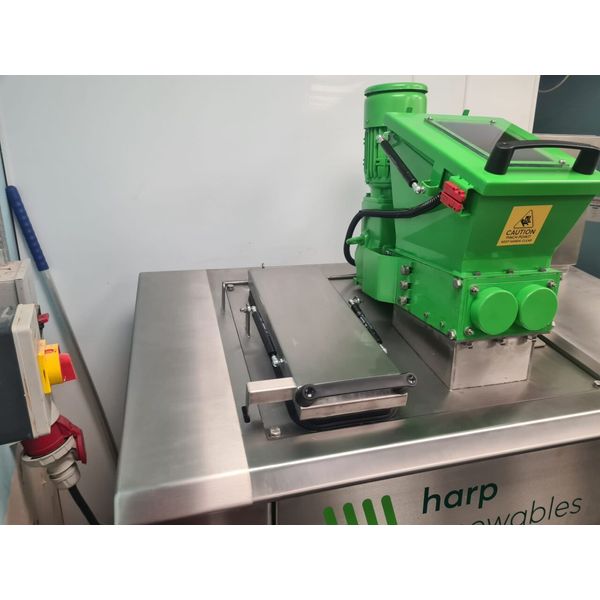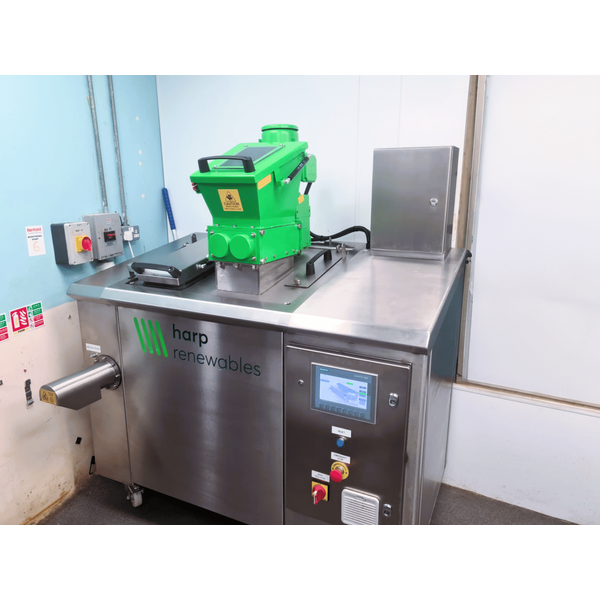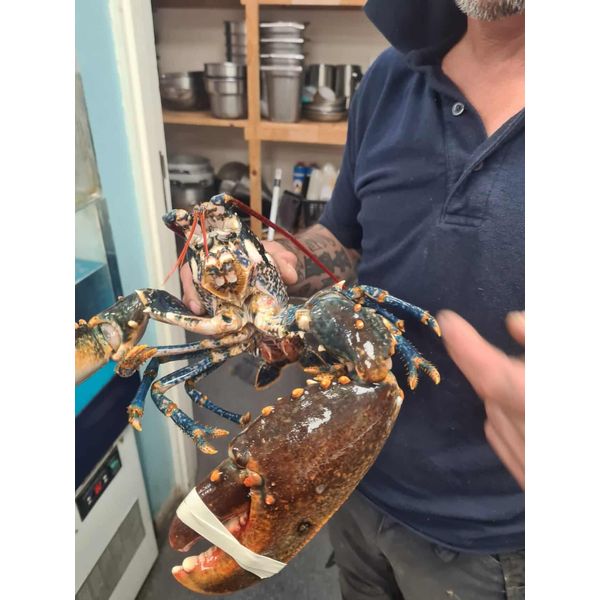

Fresh Seafood and Sustainable Practices - Case Study
King Sitric: Championing Sustainability wiht Local Seafood and Innovative Waste Management
Located in the scenic village of Howth, Dublin, King Sitric Seafood Bar & Guesthouse offers much more thna just incredible food and a relaxing stay. Known for its locally sourced seafood and breathtaking views of the Irish Sea, this charming establishment combines delicious dining with a deep commitment to sustainability. Whether you’re enjoying a meal featuring the freshest seafood catches from local waters or relaxing in a sea-view guestroom, King Sitric makes it a priority to reduce its environmental impact while supporting the local community.

At King Sitric, sustainability is at the heart of everything we do. The restaurant specialises in seafood, with a menu featuring an array of fresh fish, shellfish, and other marine delicacies sourced directly from the waters surrounding Howth. By choosing seasonal and locally caught seafood, King Sitric not only ensures the highest quality dishes for their guests but also helps reduce the carbon footprint associated with food transportation.
In their pursuit of a greener future, King Sitric has taken bold steps to reduce its environmental impact by incorporating the Harp CX1, an advanced food waste processor, into its operations. The Harp CX1 is designed to process up to 1,000 litres of organic waste weekly, turning excess food scraps into valuable compost within 24 hours. This innovative solution not only reduces waste sent to landfills but also helps lower carbon emissions by processing waste on-site, eliminating the need for frequent waste collection and transportation.
For King Sitric, incorporating the Harp Cx1 was a natural next step in their sustainability journey. The restaurant had already been minimising its ecological footprint by sourcing local seafood and prioritising sustainable practises. With addition of the Harp CX1, food waste from the restaurant and guesthouse is efficiently broken down, converting it into a nutrient-rich fertiliser that can be used for lcoal agriculture or even in their own gardens, promoting a closed-loop system.
- Equipment: Harp CX1 with a built-in shredder
- Waste Stream: Kitchen waste.
- Capacity: 142 Litres/Day, 1000 Litres/Week, 52,000 Litres/Year
- Estimated CO2 Savings: -203.6 KgCO2eq


The Harp CX1 uses aerobic digestion, an oxygen-rich process where microbes break down organic waste into simpler compounds, producing compost as a byproduct. The build-in shredder makes the process even more efficient by breaking down waste into smaller particles, ensuring smooth operation. This eco-friendly approach not only supports King Sitric’s waste reduction goals but also contributes to the overall health of the environment.

King Sitrics commitment to sustainability is evident in the results they’ve seen since integrating the Harp CX1 into their operations. Here’s how the investment is paying off:
- Minimising Food Waste: The Harp CX1 processes kitchen waste efficiently, reducing the volume of food waste sent to landfills. By doing do, King Sitric lowers the environmental impact typically associated with waste disposal, including the release of methane gas into the atmosphere.
- Lowering Carbon Emissions: The ability to process food waste on-site means fewer waste collection trips are needed, resulting in a significant reduction in overall carbon emissions related to transportation.
- Cost Savings: By processing waste in-house, King Sitric has reduced the costs associated with waste disposal and collection, contributing to more sustainable business operations.
- Nutrient-Rich Fertiliser: The compost produced by the Harp CX1 is a valuable resource that can be used to support local agriculture or even enhance the restaurant’s own gardening efforts. This byproduct helps close the loop and promote sustainable farming practises.
